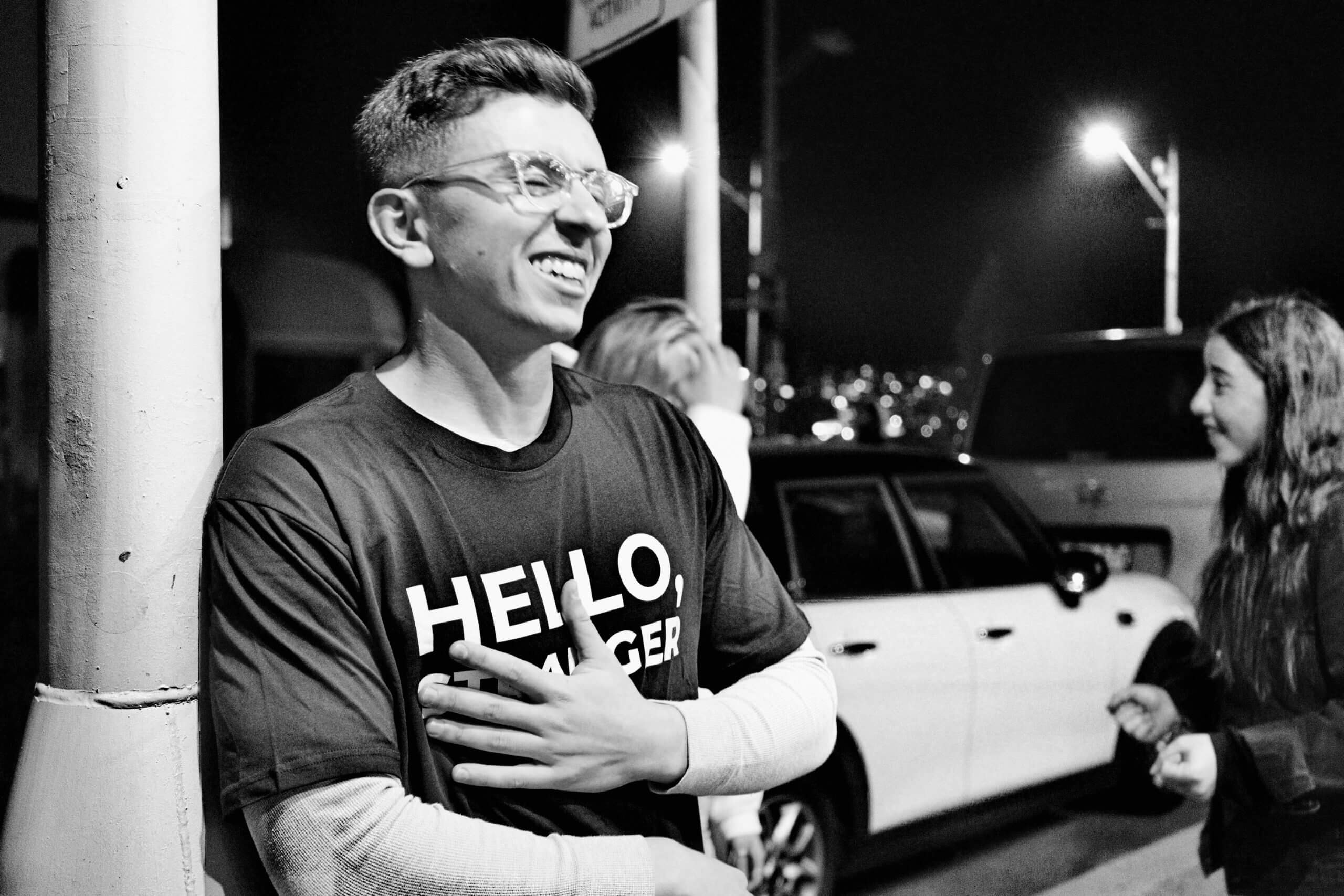Joe’s Rule of 10x Potential
I have the rule of thumb that when two people find a way to effectively and deeply collaborate together, they 10x or 100x their potential. So if two people, named Angela and Andrew, each had the potential to impact 10 people with their work, working separately, the potential if they come together is not just 'added', but grows by a factor of 10. For example, Separately, they impact 20 lives - Angela 10, and Andrew 10. If they work together, they don't just impact 20 lives, or even 40 lives (doubling their impact), but I would say collectively, 200 lives. Go towards and support
The problem with conventional careers planning
Conventional careers planning has a gaping-wide hole. It can't educate you about the jobs that don't yet exist. That is, conventional careers planning has a Thousand Doors problem — the most impactful jobs will be those jobs we don't know about just yet, that universities would not be able to do a course on given they do yet exist. We cannot predict exactly what they will be. No one can give you the steps, because someone like you will have to do it for the first time. Thirty years ago, no one knew what the internet was, what social media was, what cryptocurrency
Find your tribe, let your passion come
I never had a 'career freak out' at any stage of my life, so it's hard to empathise with others who do. The closest I ever came was my time at uni and my time in real estate, where I knew I wasn't doing the most with my time, wasn't doing the thing that made me come alive — but I had a vague idea of what that other 'thing' was on both occasions. When I was studying at uni, I knew I should have been doing more filmmaking. When I was focused on real estate, I had a sense something that exposed
Why learn?
Indeed, why learn at all? We talk so much about education and all its associated problems, but we forget to ask what the very purpose of it is at all. Do I go to university? Are we teaching the right things in schools? These are the questions that always get asked. But we might do what all great thinkers do, and think from first principles. We might go to the core, and ask the question that really matters. Why learn at all? There's a quote about Warren Buffett, by his right hand man Charlie Munger, how he was still improving in his 70's,
What I wish I could go back and say to myself when I was starting University
The below was first published on my Medium site in 2019. With the very momentous launch of '18 & Lost? So Were We' this week, it was prudent to revisit and reflect over this. Scott McKeon dug it up and read it out to me over the phone. In this piece I could see the seeds being sewn over ideas that would later come to define my philosophy and the themes in my chapter in the book. What started as a random thought in Scott's head became an Amazon best-selling book. Who would have thought! But it started small
The biggest mistake in education
Perhaps the greatest mistake we are making in education is setting up institutions that suggest learning ends. Graduation, final exams, course completion. I am aware of only one organisation in the world that is set up for continuous, lifelong learning, and it is the one I serve. All other courses end. Our reality is an infinite one. Existence is infinite, the universe is infinite. How can our learning, therefore, be finite?





